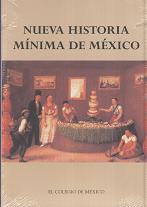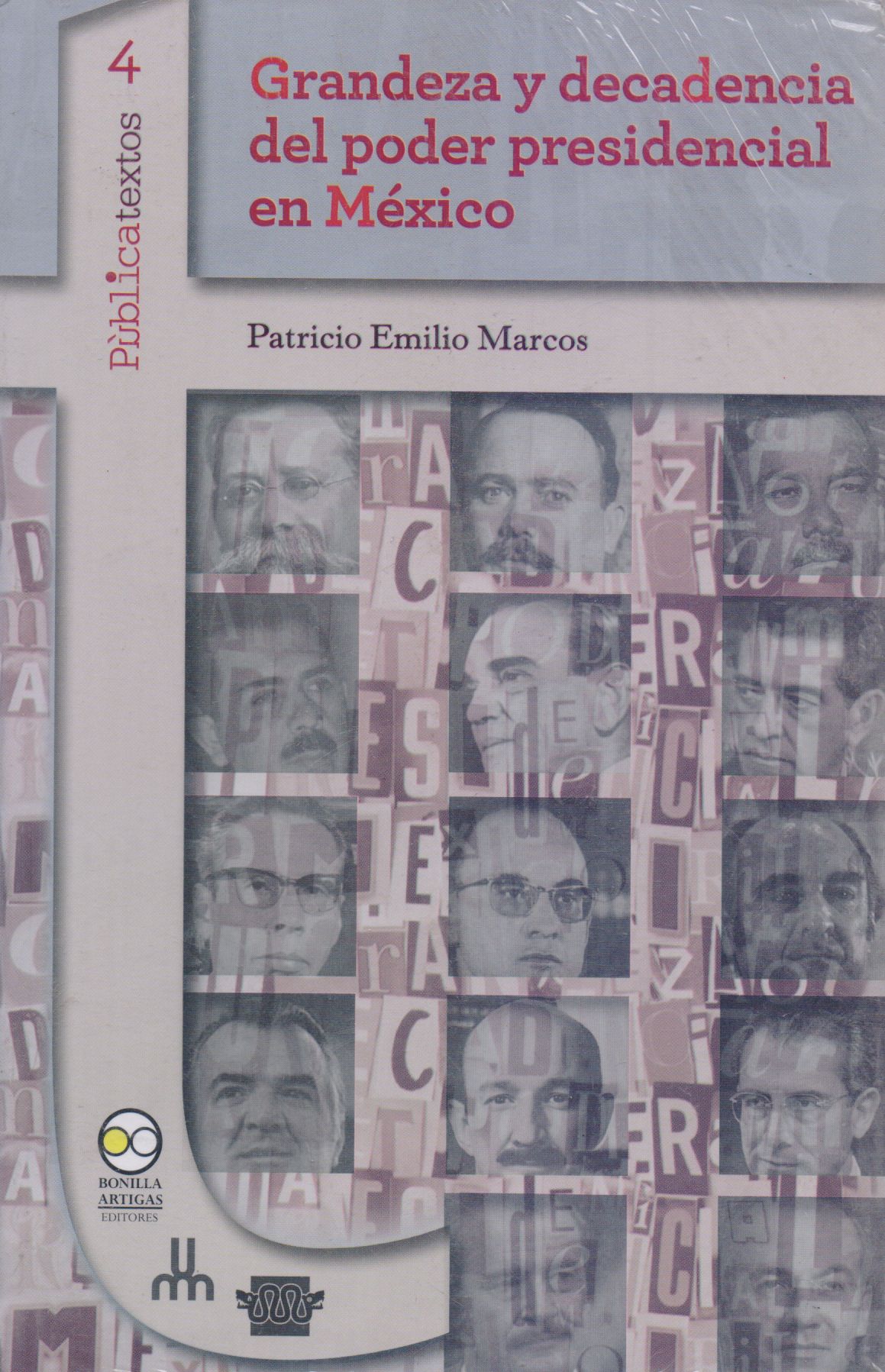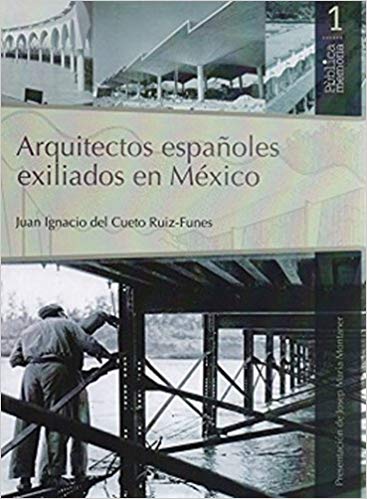Libros relacionados
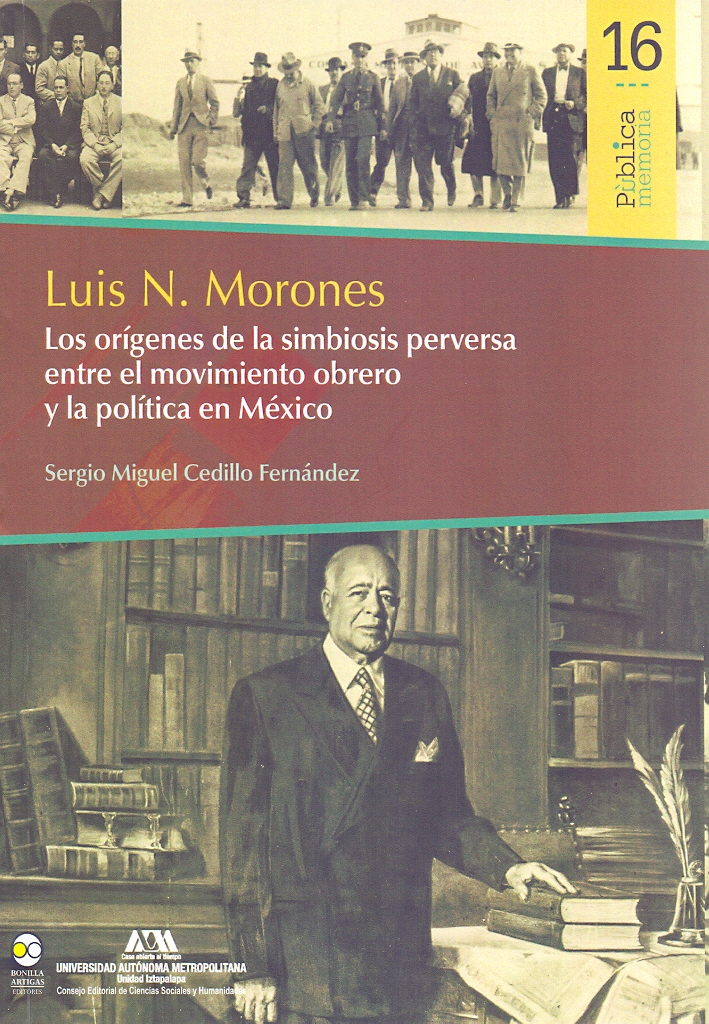 |
Luis N. Morones: los Orígenes de la Simbiosis Perversaentre el Movimiento Obrer Cedillo Fernández, Sergio Miguel Bonilla Artigas Editores |
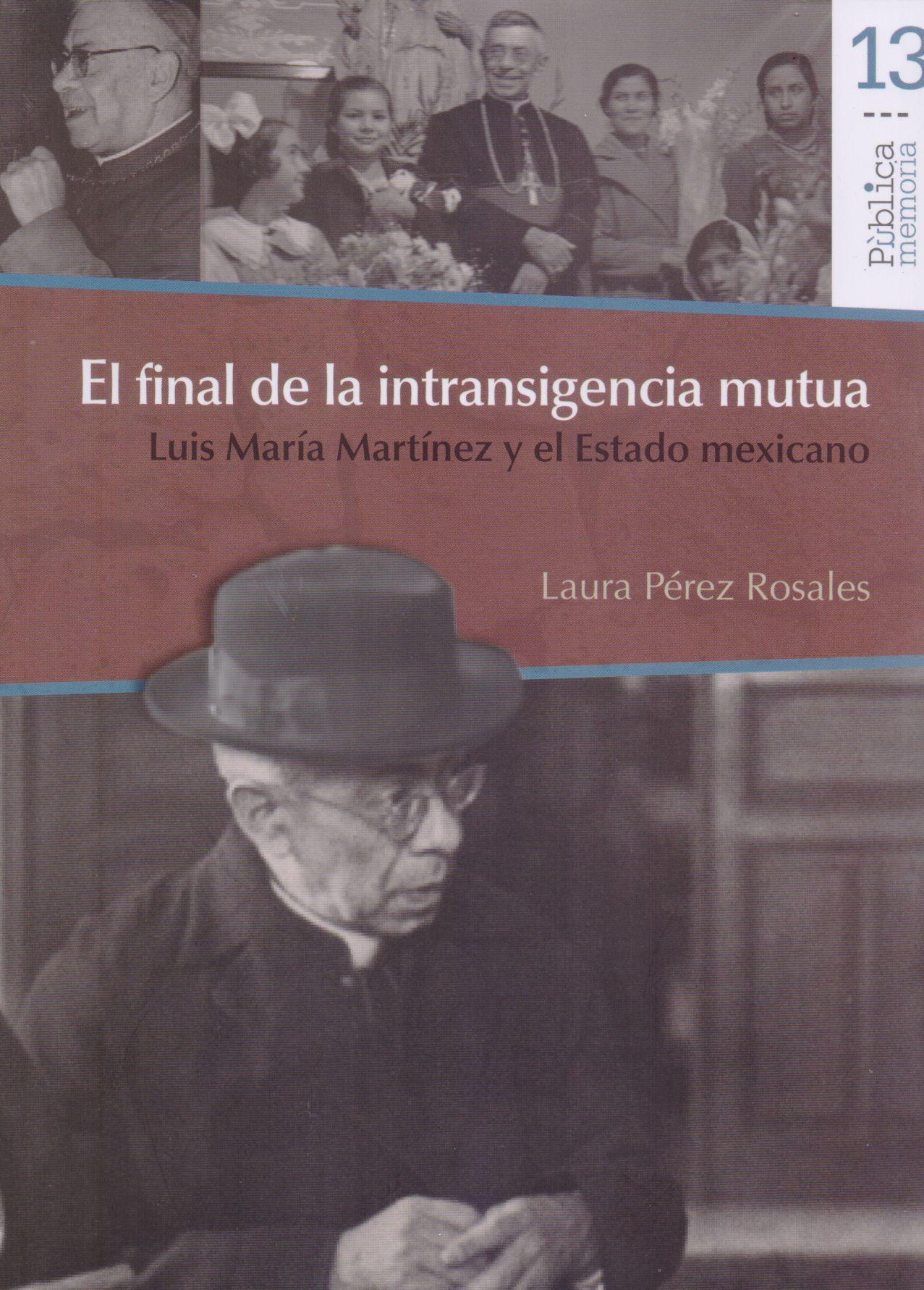 |
Final de la Intransigencia Mutua, El. Luis María Martínez y el Estado Mexicano Pérez Rosales, Laura Bonilla Artigas Editores |
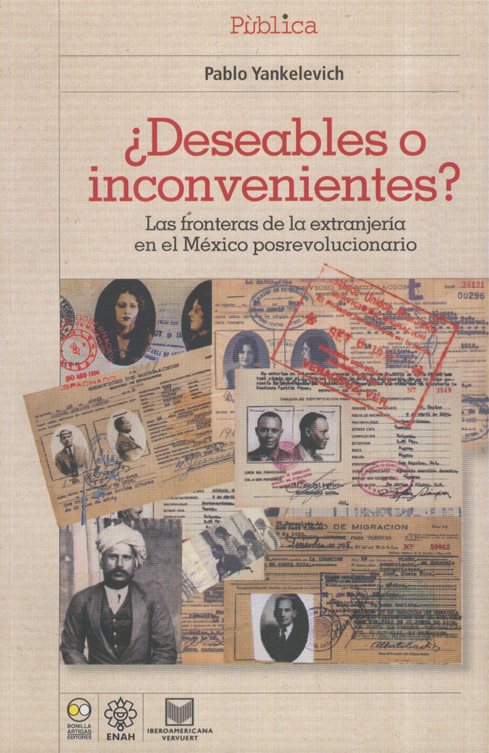 |
¿Deseables O Inconvenientes? las Fronteras de la Extranjeria en el México Posre Yankelevich, Pablo Bonilla Artigas Editores |
 |
Curso Sinóptico de Derecho de las Personas y Derecho de Familia Aníbal Guzmán Ávalos Universidad Veracruzana |
 |
Mundo y Sus Habitantes , El: Segun los Viejos Abuelos. - Libura , Krystyna. Y Ma. Cristina Urrutia (Coord.) Ediciones Tecolote, S.A. de C.V. |
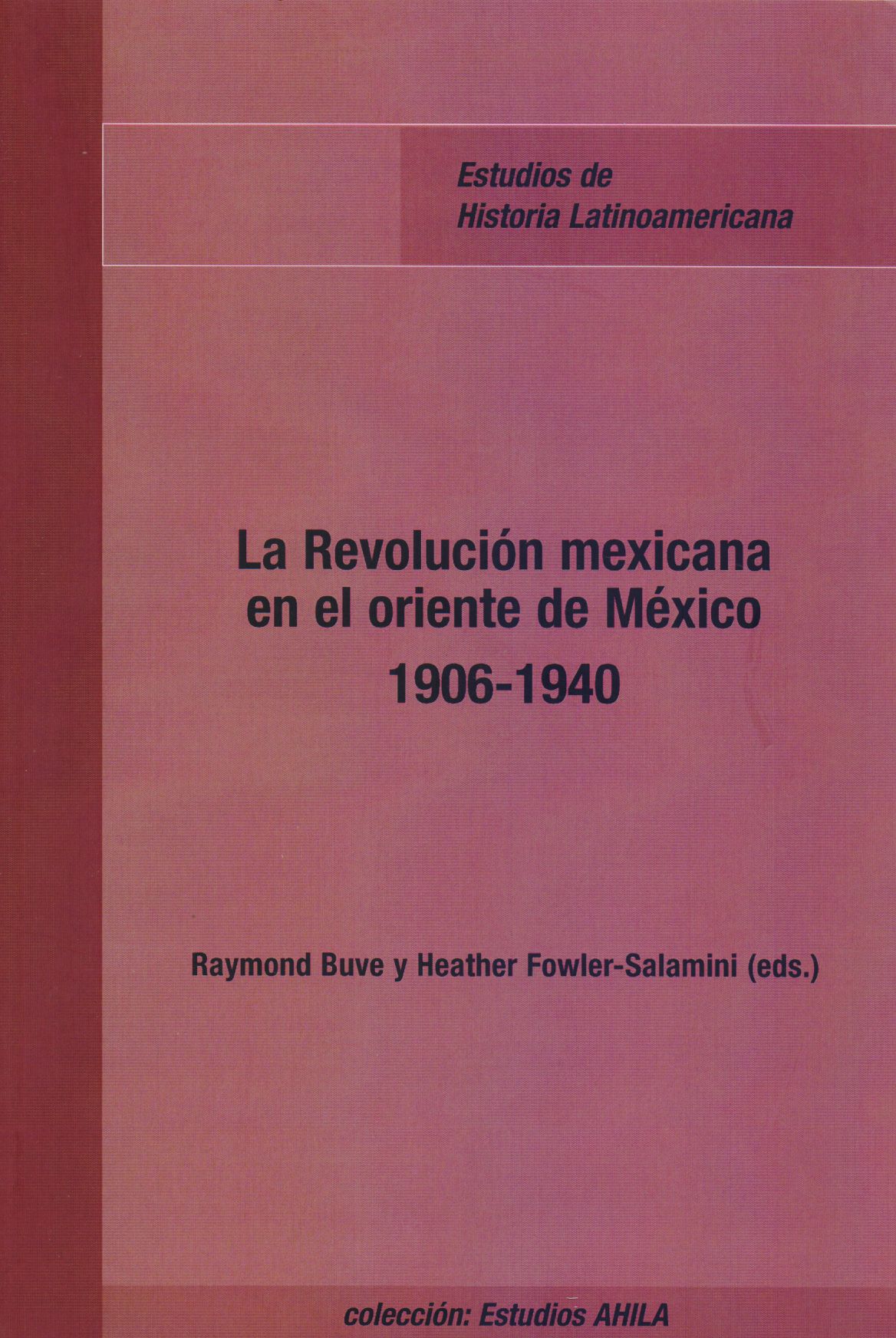 |
Revolución Mexicana en el Oriente de México 1906-1940, La Buve, Raymond / Fowler, Heather Bonilla Artigas Editores |


|
Título: Social Stratification In Central Mexico 1500-2000 | |
| Autor: Nutini Hugo G. | Precio: $870.00 | |
| Editorial: University Of Texas Press | Año: 2009 | |
| Tema: Mexico, Historia de México, Indigenismo | Edición: 1ª | |
| Sinopsis | ISBN: 9780292719446 | |
| In Aztec and colonial Central Mexico, every individual was destined for lifelong placement in a legally defined social stratum or estate. Social mobility became possible after independence from Spain in 1821 and increased after the 1910-1920 Revolution. By 2000, the landed aristocracy that was for long Mexico's ruling class had been replaced by a plutocracy whose wealth derives from manufacturing, commerce, and finance--but rapid growth of the urban lower classes reveals the failure of the Mexican Revolution and subsequent agrarian reform to produce a middle-class majority. These evolutionary changes in Mexico's class system form the subject of Social Stratification in Central Mexico, 1500-2000, the first long-term, comprehensive overview of social stratification from the eve of the Spanish Conquest to the end of the twentieth century.
The book is divided into two parts. Part One concerns the period from the Spanish Conquest of 1521 to the Revolution of 1910. The authors depict the main features of the estate system that existed both before and after the Spanish Conquest, the nature of stratification on the haciendas that dominated the countryside for roughly four centuries, and the importance of race and ethnicity in both the estate system and the class structures that accompanied and followed it. Part Two portrays the class structure of the post-revolutionary period (1920 onward), emphasizing the demise of the landed aristocracy, the formation of new upper and middle classes, the explosive growth of the urban lower classes, and the final phase of the Indian-mestizo transition in the countryside. |
||
Librería Bonilla SA de CV © Todos los derechos reservados. 2019
Última actualización: Jul 2019



